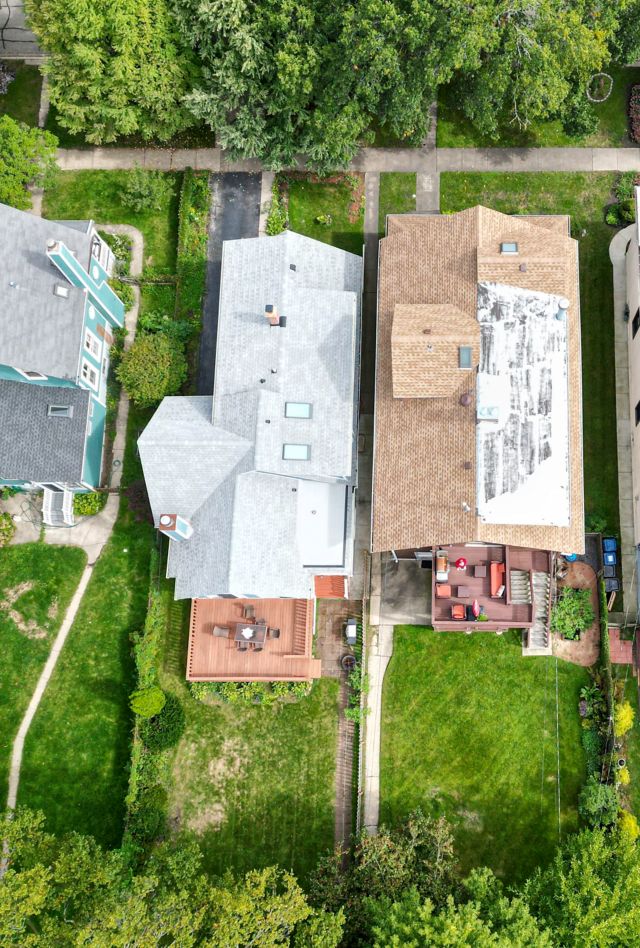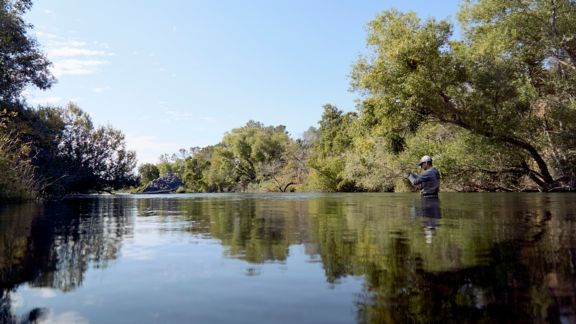Evanston’s Reparations Program Receives Strong Community Support According to NORC Survey

This article is from our NORC Now newsletter. Subscribe today.
June 2024
Residents of Evanston, Illinois, report strong support for the city’s reparations program across races, ethnicities, and neighborhoods.
These findings come from a survey conducted by NORC at the University of Chicago in partnership with Northwestern University’s Center for the Study of Diversity and Democracy (CSDD) and the City of Evanston.
NORC partners with community organizations to assess a first-in-the-nation reparations policy.
In 2019, the City of Evanston, Illinois, became the first municipality in the United States to create a reparations program to help Black residents and their descendants affected by housing discrimination and segregation between 1919 and 1969. Eligible individuals may receive up to $25,000 toward a down payment on a home, mortgage payments, or home repairs. The program was funded with a 3 percent tax on cannabis sales and has already disbursed more than $1 million.
As the first of its kind in the nation, the program garnered considerable national and international attention. Northwestern University’s Center for the Study of Diversity and Democracy (CSDD) and the City of Evanston commissioned NORC to help survey Evanston residents as part of a larger assessment of the program’s impact. The Bridge at NORC created the survey questions. It also helped collect the data through a multi-phase process to ensure the representation of groups often missed by more traditional survey approaches.
A collaborative and adaptive survey approach helps include hard-to-reach populations.
The City of Evanston supported the first phase of the effort by helping distribute a web-based survey through its newsletters and electronic communications. In the second phase, NORC and its partners mailed a postcard to a subset of 10,000 addresses to help improve the representation of groups often underrepresented in surveys. Among them were lower-income residents, Black and Hispanic residents, and residents with lower educational attainment levels. Finally, Northwestern University students went to community events, places of worship, and other locations where residents gathered to recruit those who hadn’t yet completed the survey.
“We worked hand-in-glove with community organizations and leveraged existing community infrastructure to provide hard-to-reach populations with a chance to share their views,” said Vince Welch, associate director of The Bridge at NORC. “Our collaborative and adaptive approach enabled genuine community engagement on an important topic while keeping costs manageable for our partner.”
Residents strongly support reparations and say it builds trust in the government.
The survey found widespread support for the reparations program. Seventy percent of white respondents felt the program was “good public policy”—a much higher percentage than the 20 percent of White people who reported supporting reparations in nationwide surveys. Additionally, 64 percent of Black respondents, 61 percent of Latino respondents, and 62 percent of Asian respondents also supported the program. The reparations program was also associated with double-digit increases in trust for the city government across all nine city wards and all racial and ethnic groups.
“Residents reported that the reparations program positively influenced their trust in local government,” Welch explained. “They expressed that it was an example of Evanston ‘walking the talk’ and following through on the community’s values and investing in a program to address the effects of structural racism and systematic segregation.”
This article is from our flagship newsletter, NORC Now. NORC Now keeps you informed of the full breadth of NORC’s work, the questions we help our clients answer, and the issues we help them address.








